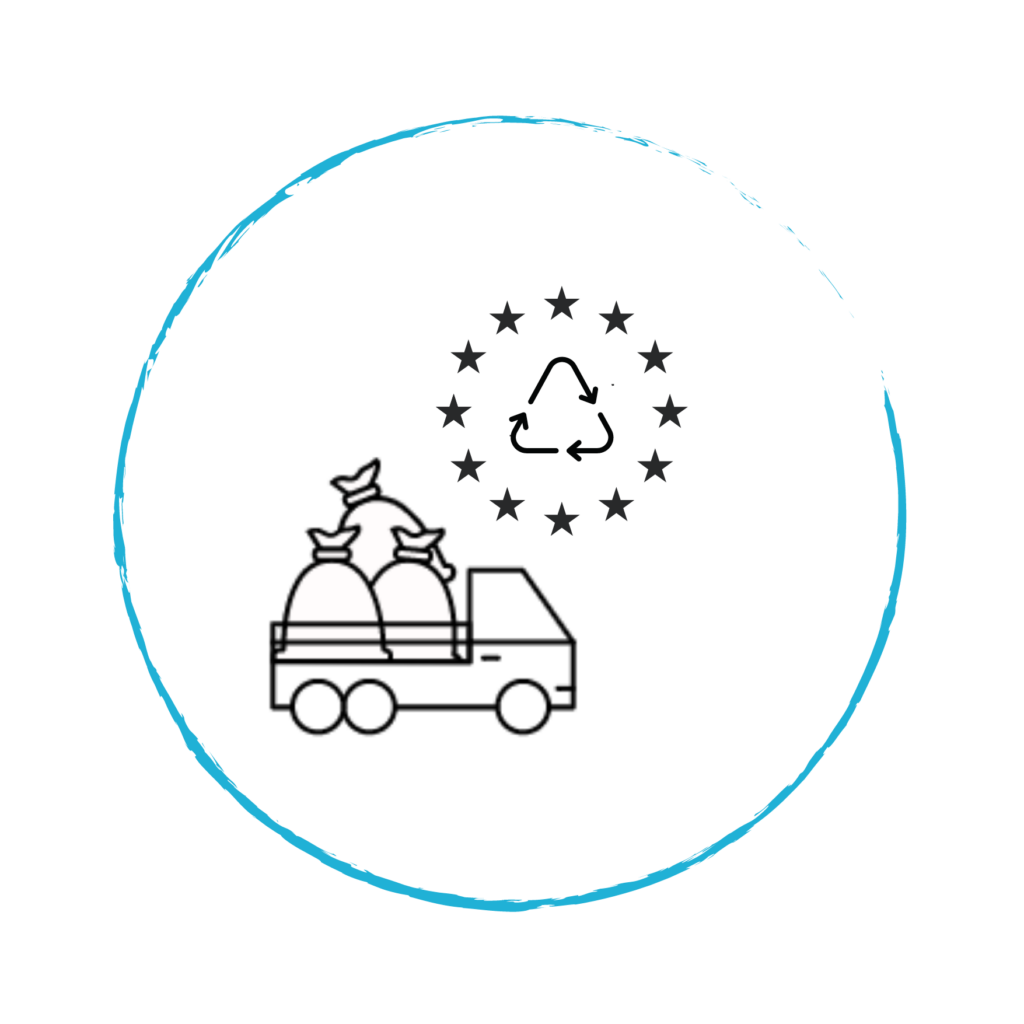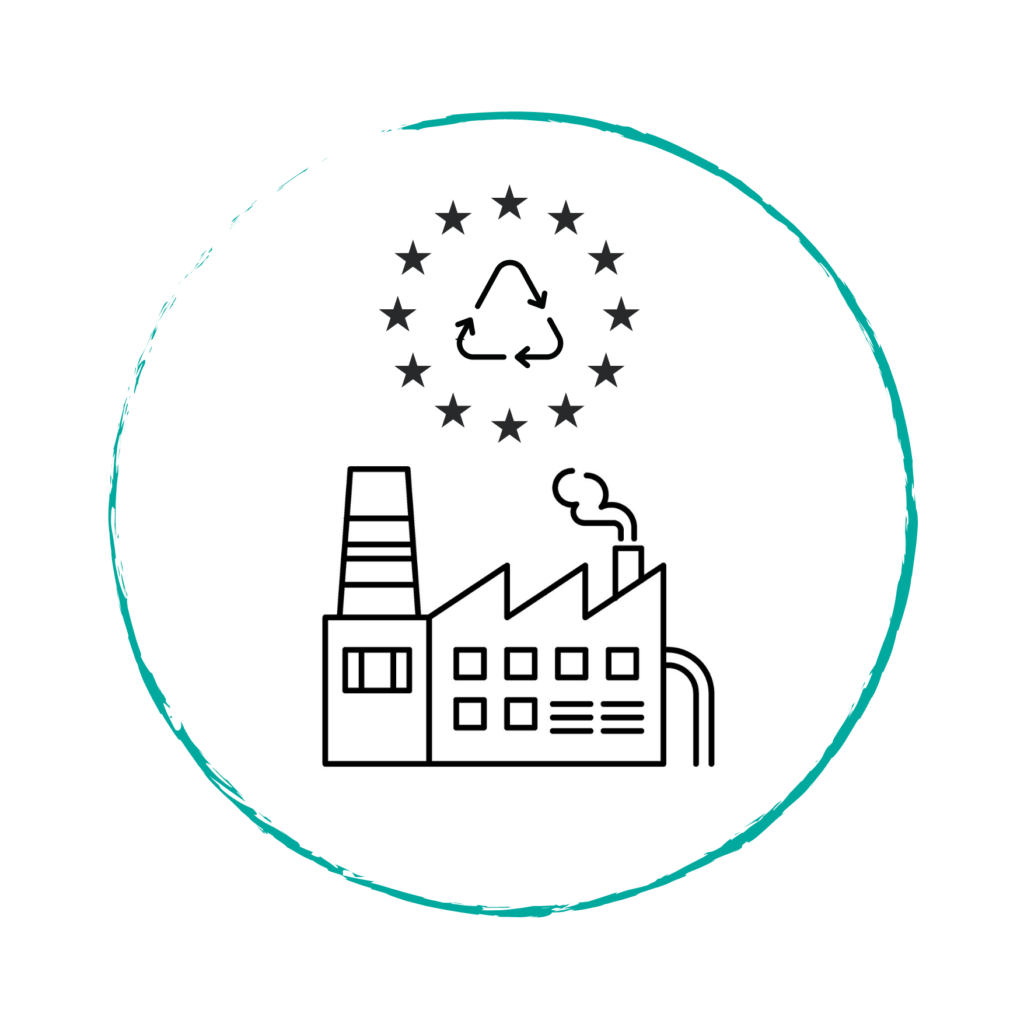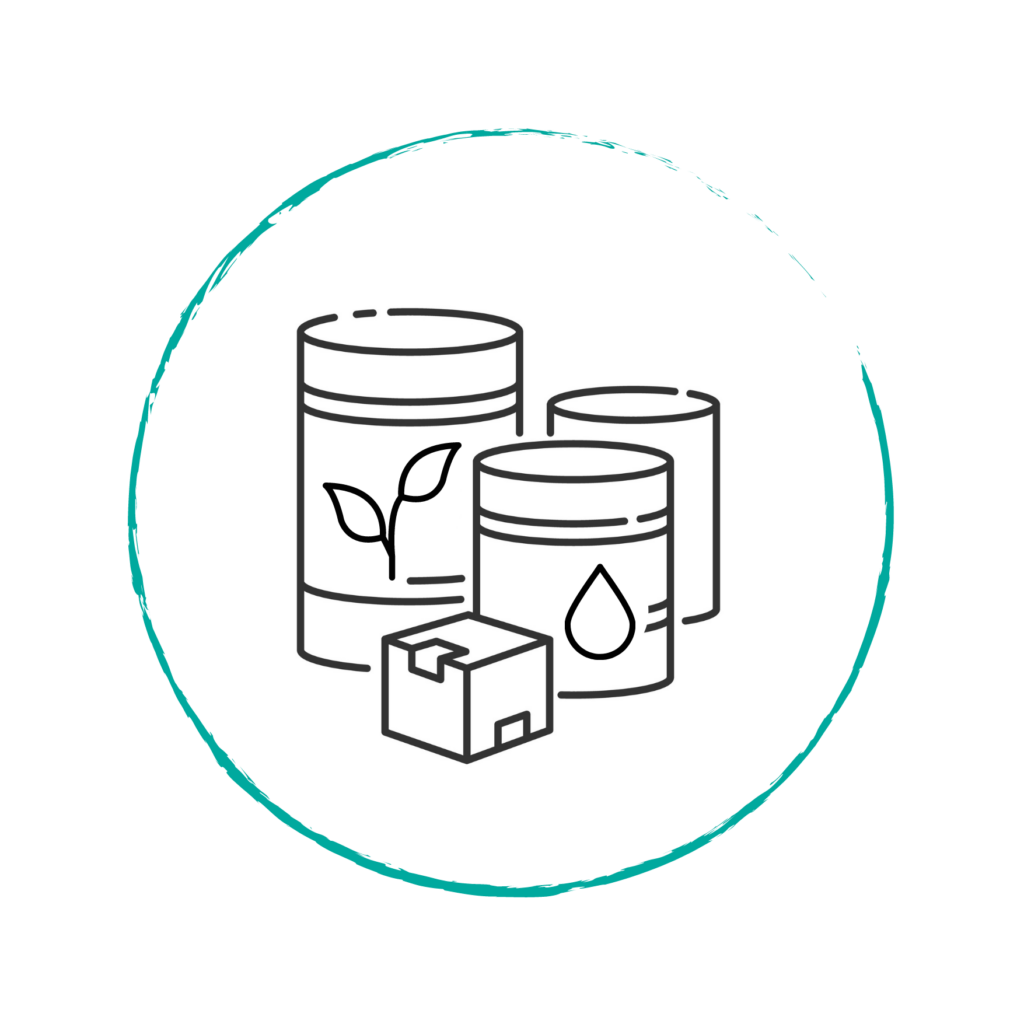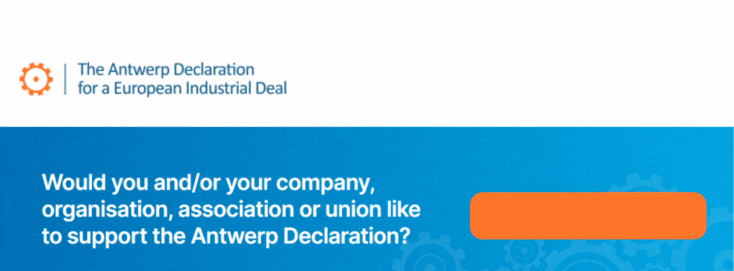Chemical Recycling
The European Green Deal is at the heart of the EU’s ambitions of becoming climate neutral. Europe intends to be a world leader in the circular economy and clean technologies. The European ambition to transition from a linear economy towards a sustainable circular economy calls for an array of complementary recycling options and business models. Chemical recycling can play its part in valorising end-of-life plastic waste streams, enabling the production of new chemicals including plastics. While mechanical recycling involves processing plastic waste into secondary raw materials or products without significantly altering the material’s chemical structure, chemical recycling converts polymeric waste back into secondary raw materials or recycled feedstocks, reducing the need for virgin fossil resources. This process changes the structure of the polymeric waste and transforms it into chemical building blocks, including monomers, which can then be used once more as raw materials in chemical processes. Chemical recycling includes processes such as gasification, pyrolysis, and depolymerisation.
Realising the potential of chemical recycling
Chemical recycling is not widely deployed today. To meet the ambitious European targets, much more plastic waste needs to be collected, sorted and recycled, and plastic products containing recycled content should be served to a broader range of markets. The chemical industry requests enabling conditions to realise the full potential of chemical recycling. Enabling conditions include innovation, policy frameworks, a level playing field, recycling-chains and clear pathways to “valorise” post-use plastics that would otherwise be exported, incinerated, landfilled or wasted.
EU rules to support chemical recycling as a complementary solution to mechanical recycling are needed, to pull investments into these technologies and help the EU meet targets for more recycled content. A clear mass balance method is key to enable of this process.
Mass balance is one of the well-known and widely used “chain of custody” models that gives a high level of confidence that what is put in the process does come out at the end. It is already successfully deployed in other sectors, such as fairtrade cacao and coffee with their own relevant characteristics based on the nature of the products..
5 things that need to happen now for chemical recycling to contribute to EU circular economy
Cefic’s position
To ensure the scale up and full deployment of chemical recycling, the industry is operating under the following guiding principles:
- Increase collaboration and work in partnerships to boost innovation and investments (e.g. the Circular Plastic Alliance).
- Increase transparency and develop uniform standards for a mass balance approach.
- Further develop quality standards for sorted/pre-treated plastic waste.
- Use Life Cycle Assessments (LCA) to measure environmental impacts along the life cycle of products.
We invite policymakers to integrate into their decisions the following key enablers, necessary for ensuring the scale up and full deployment:
- An enabling policy framework that looks beyond the traditional boundaries of regions and Member States and offers an open investment environment and a competitive economic model.
- An open, single market to ensure a continuous supply of plastic waste for the operation of chemical recycling plants.
Supporting Documents
Cefic position paper on Chemical Recycling: Delivering recycled content to meet the EU’s circular economy ambitions – the Single Use Plastics Directive Implementing Act and the Packaging and Packaging Waste Directive revision (SUPD & PPWR)
Cefic Supports Green Deal and Climate Neutrality
The Green Deal recognises that energy-intensive industries, such as chemicals, are indispensable for Europe’s transition, as solution providers to multiple value chains. Climate neutrality by 2050 means going through a deep transformation within just one or two investment cycles. The EU chemical industry intends to grasp the opportunities arising from the transition to a climate…
Chemical Recycling | Cefic position
The Green Deal is at the heart of the EU’s ambitions of becoming climate neutral. To meet the ambitious European objectives, much more waste plastic needs to be recycled and a broader range of markets need to be served with plastic products containing recycled content. In this respect Cefic highlights the potential of chemical recycling…
Chemical Recycling: Greenhouse gas emission reduction potential of an emerging waste management route Commissioned by Study review
Chemical Recycling technologies have the potential to avoid greenhouse gas (GHG) emissions that can occur in both the feedstock production and from incineration of plastic waste. This positive environmental impact is confirmed by the new Quantis report “Chemical Recycling: Greenhouse gas emission reduction potential of an emerging waste management route”, which was commissioned by the…





